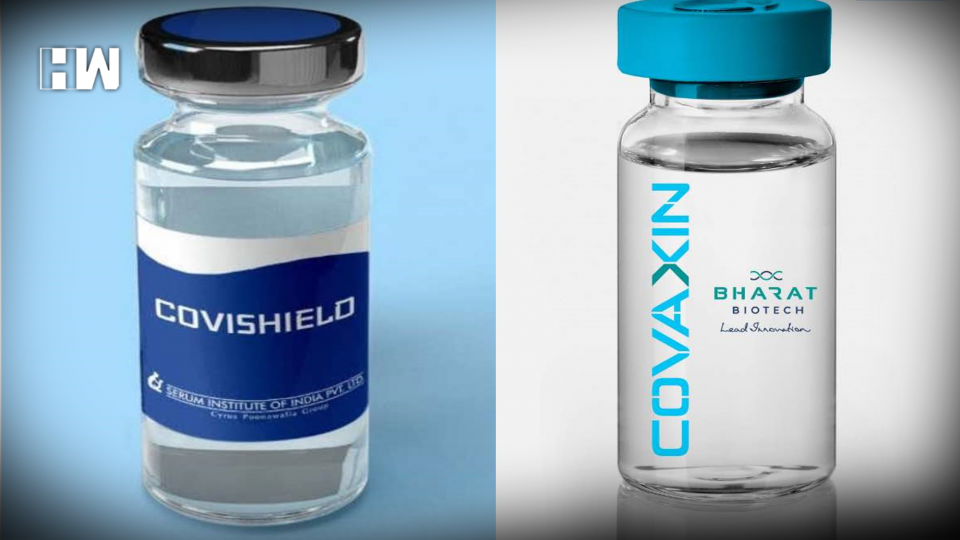Vellore’s Christian Medical College will conduct its study and clinical trials.
A study on mixing Covishield and Covaxin, the two main vaccines used in India’s COVID-19 vaccination programme, has been approved by the Drugs Controller General Of India (DCGI). Vellore’s Christian Medical College will conduct its study and clinical trials.
“Permission has been granted for a research study by CMC Vellore (Tamil Nadu) on mixing of vaccines doses,” Dr VK Paul, NITI Aayog Member (Health), said during a press briefing on Tuesday.
A Subject Expert Committee of the Central Drugs Standard Control Organisation (CDSCO) had recommended conducting the study on July 29.
The Indian Council of Medical Research (ICMR) had conducted a study on the mixing of the two Covid vaccines and said that, it elicited better safety and immunogenicity results. This study will be different from the one conducted by the ICMR.
However, the mixing of doses has raised considerable anxiety.
Also read: “Covaxin Shortage Due To Quality Issues,” Says Government Vaccine Panel Chief
A study conducted on individuals in the northern state of Uttar Pradesh in India received Covishield as the first dose followed by the administration of Covaxin as the second dose after six weeks.
A total of 18 participants were in the heterologous group. However, two participants were unwilling and were excluded. Among them, 11 were male, and seven were female with a median age of 62 years.
The ICMR said the study suggested immunization with a combination of an adenovirus vector platform-based vaccine followed by an inactivated whole virus vaccine was not only safe but also elicited better immunogenicity.
“We did a comparison with heterogeneous group and homologous group, we found better immune response, if somebody gets Covishield first and Covaxin second that it gives better immunity. This is the first study on a combination of Adenovector and whole variant vaccines,” said Dr Samiran Panda, Head of Epidemiology and Communicable Diseases, ICMR.
However, the top medical body added that more detailed and in-depth research must be done on the limitations of mixing the vaccines, as the sample size of the study is very small – only 18 participants.
As an independent media platform, we do not take advertisements from governments and corporate houses. It is you, our readers, who have supported us on our journey to do honest and unbiased journalism. Please contribute, so that we can continue to do the same in future.

